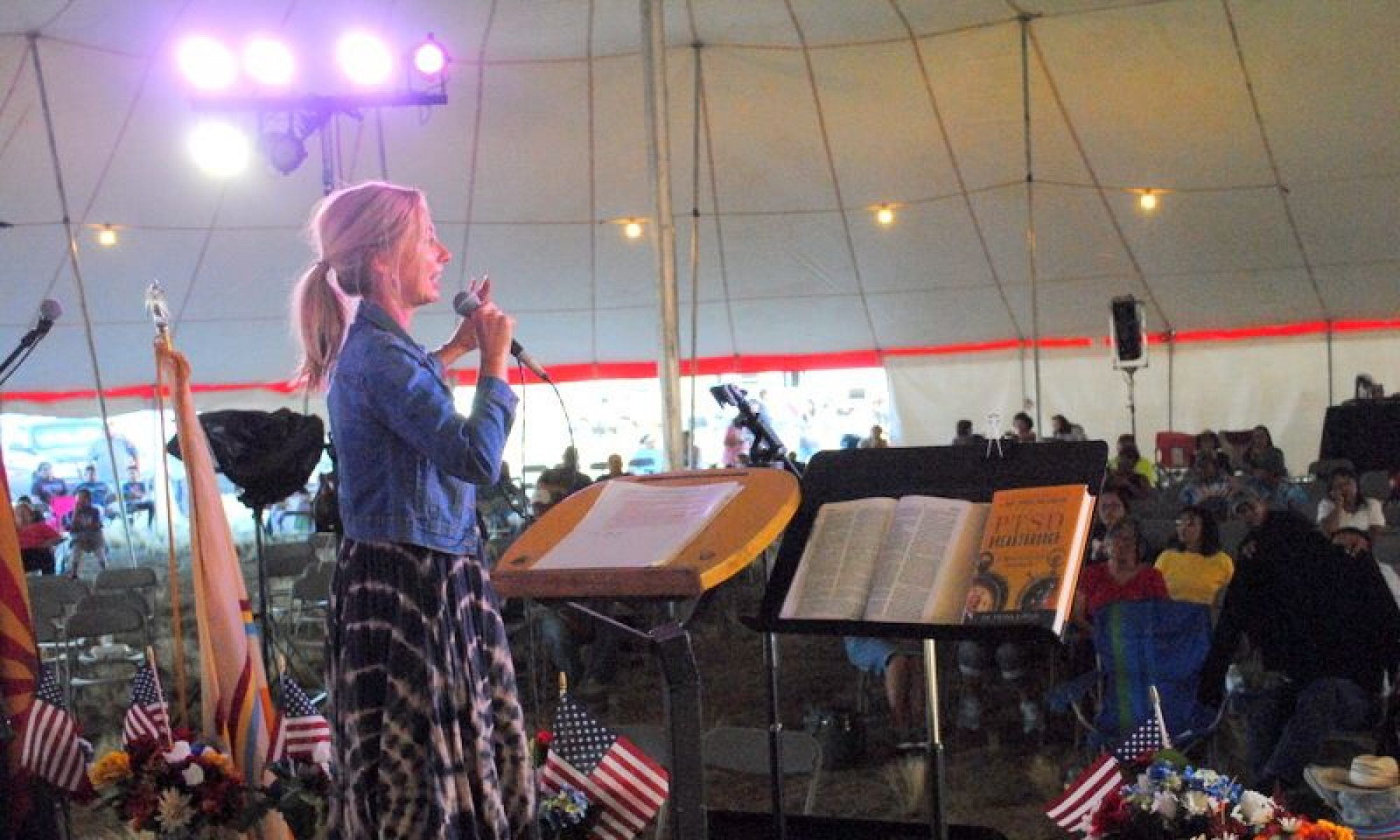Life was filled with guns and war
And everyone got trampled on the floor
I wish we’d all been ready
Children died, the days grew cold
A piece of bread could buy a bag of gold
I wish we’d all been ready
There’s no time to change your mind
The Son has come and you’ve been left behind.
As a child I remember hearing the lyrics to this famous Larry Norman song, which was used as a rapture song in the 1970’s movie, Thief in the Night. This film focuses on the story of a young woman who was not raptured and who struggles to decide what to do in the face of the Tribulation. Even though the Christians were not supposed to be left behind and have the Mark of the Beast written on their foreheads in order to use money, buy food and water, at the time it was still a scary movie!
Though I grew up in Church, I had never heard anyone preach on such things. It wasn’t until I came across a Scofield Reference Bible and a book by Finis Dake, that I began to be influenced by ‘premillennial dispensationalism’. In fact, as I grew older and became exposed to more American preachers, I did for a time buy into their view of the ‘end times’.
Since being in North America, I have encountered this perspective numerous times, especially on Christian radio, where many preachers seem to be obsessed about Israel and the city of Jerusalem, escaping the coming dark times and Tribulation, debates over who could be ‘the Antichrist’, and preparing for the rapture. While scriptures are used as a basis for their interpretations, great focus is also given to interpreting scripture in the light of current events (newspaper exegesis). Such a view is a minority view among professing Christians globally. However, it is a big deal among evangelicals here in the U.S.
So, why am I writing about this? The reason is because our view of the ‘end times’ impacts our engagement in Kingdom work now. If we believe that the world is going to just get darker and darker, that Jesus is going to come and rescue us before He then destroys this Earth, we will have little motivation to invest now in something that has no future. Similarly, if one holds to a dispensational view that postpones God’s Kingdom to a future time, one will not engage in a way that seeks to outwork Jesus’ desire for His Kingdom to come, His will to be done, now on Earth as it is in Heaven.
However, for the Church commissioned to be the agent of the Kingdom, to be ‘salt and light’, to influence society and make a Kingdom difference, we need a biblically-based theology that generates a long-term view of progress. The big picture narrative of the Bible clearly highlights the coming of an ever-increasing Kingdom. Jesus ushered in this Kingdom which is to grow and expand (as the Kingdom parables illustrate) until the King returns to bring about a full completion.
Another aspect that ties into this is the view about living in the ‘last days’. Many previous generations have also believed they were living in the last times. The prospect of being in the final generation before Jesus returns would excite most believers. However, once again, while it can promote a greater urgency for evangelism, it can also be counter-productive in engaging in the longer-term work of Kingdom advance.
The fact of the matter is that a careful study of the Scriptures highlights that the period referred to as the ‘last days’ has already occurred. Rather than being something in the future, it relates to the period of time between the birth of Jesus to the destruction of Jerusalem in AD 70 (when over 1 million Jews lost their lives), and the end of the Old Covenant Jewish system of temple sacrifices. The last days arrived in the first century with the coming of Jesus!
“…in these last days He has spoken to us by His Son.” (Hebrews 1:1-2)
“[He] was made manifest in these last times for you who through Him believe in God…” (1 Peter 1:20)
“…He appeared at the end of the ages to put away sin by the sacrifice of Himself.” (Hebrews 9:26)
When the apostle John wrote his letter to the churches the coming changes were imminent, so he wrote “it is the last hour.” (1 John 2:18). Peter writes, “the end of all things is at hand.” (1 Peter 4:7). Rather than being a final countdown to the return of Jesus or the end of the world (an event 2,000 years later has not yet taken place), they were referring to the judgement and end of the present Old Covenant age which was about to take place. Jesus’ warnings in Matthew 24 (the Olivet discourse) should also be taken in this light; the coming destruction of Jerusalem and the old system of temple worship, priesthood and sacrifice. He had ushered in a whole new age, a new better covenant and new creation. There was an overlap that would last a single generation but the countdown was in place which would change things forever!
In my previous blog post, I highlighted the need for the Church to embrace Jesus’ ‘Great Commission’ in the light of what He actually said. To teach and disciple nations, and not just view the ‘Remaining Task’ solely in terms of the number of unreached peoples yet to hear the gospel. This blog seeks to add another layer to revisiting our understanding of mission, one that takes a longer-term perspective of what Jesus wants accomplished, which will happen as each generation focuses on contributing to the task at hand, rather than on leaving or escaping a sinking ship (or in the words of evangelist, D.L. Moody, viewing the world as a ‘wrecked vessel’).


